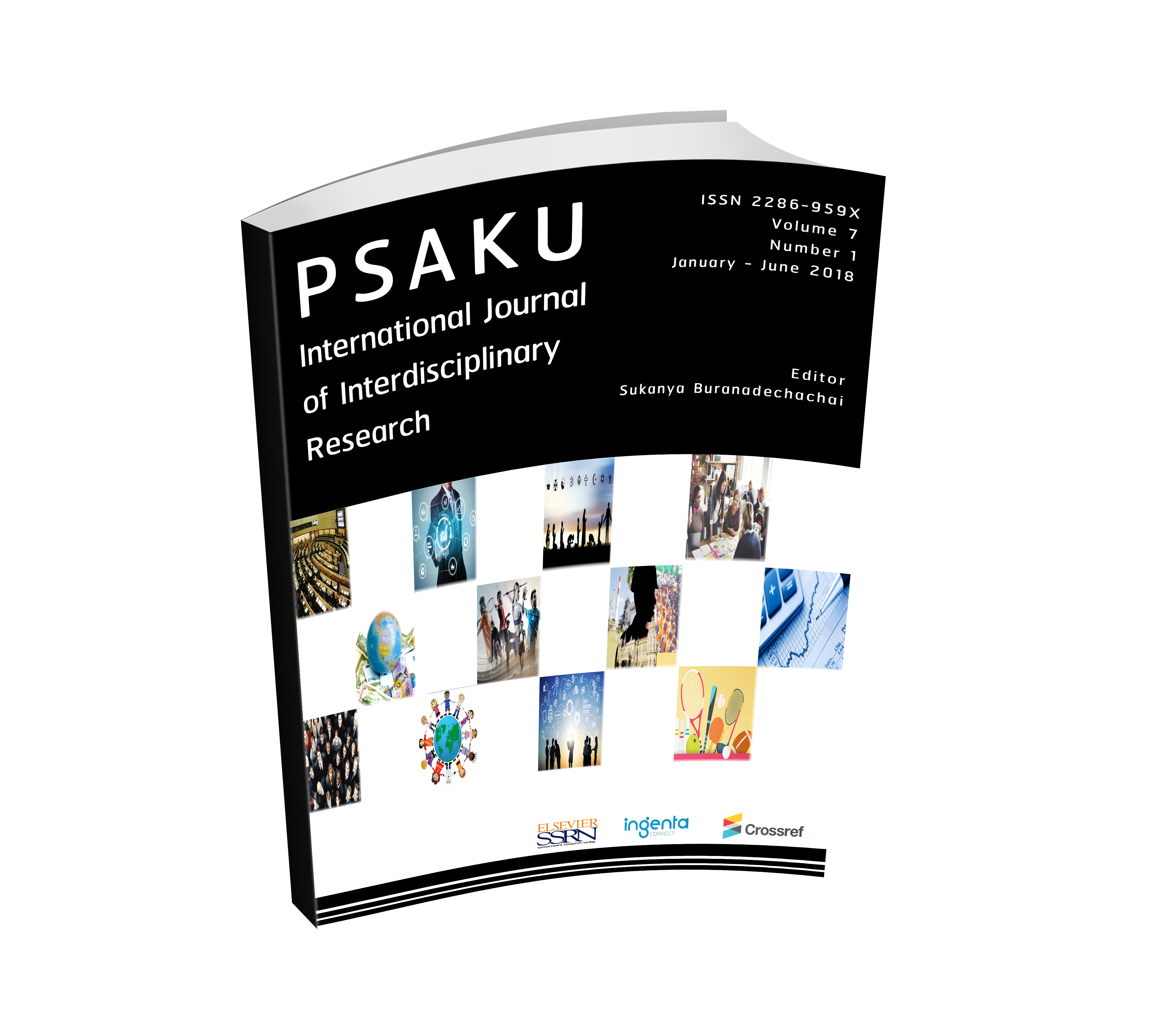Process of Creating the Surin Municipality Development Model into a Healthy City
Keywords:
Development Model, Surin Municipality, Healthy CityAbstract
Surin Municipality is a city being the representative of development along with being the center of environmental problems which are the impacts from applying modern manufacturing technologies, garbage problem, overcrowding problem, residence problem, traffic jam problem, etc. This causes the local administrative organizations to be necessary to find the approaches in the healthy city management following the main policies of the country. The objectives of this research are 1) to synthesize the approaches in developing the healthy cities in Thailand in the past two decades, 2) to study the city evolution and the development role occurring in Surin, and 3) to create the model for the development of Surin municipality to become Healthy City. According to the research, it is found that the operation for the development of healthy cities in Thailand started in the 7th National Economic and Social Development Plan with the concept adopted from the World Health Organization. It has been implemented continuously. Later, it was less focused in the 10th National Economic and Social Development Plan with the issues of development focusing on the sustainability, green cities, and the integration of the concept of healthy cities as part of these policies. For Surin Municipality, the development of healthy cities started in 2004, however, because of its limitations in politics and local administration, the focus was diluted in the following four years. People involved in the development limitedly. Moreover, the promotion to create the enthusiasm people organization in the cities was not enough because the local civil society paid attention to the development in the agricultural sector and viewed the urban areas as an extended area as a consumer. Therefore, the proposal of a model for the development of Surin to become Healthy City focused on all compositions of the city; namely, the municipality, its citizen, local civil society and all organizations who are using the city. To create the healthy city, in principle, it requires decentralization, public participation, learning and developing process and citizenship as a collective framework as well as promoting the institutional mechanics to support people's participation.
Downloads












.png)


